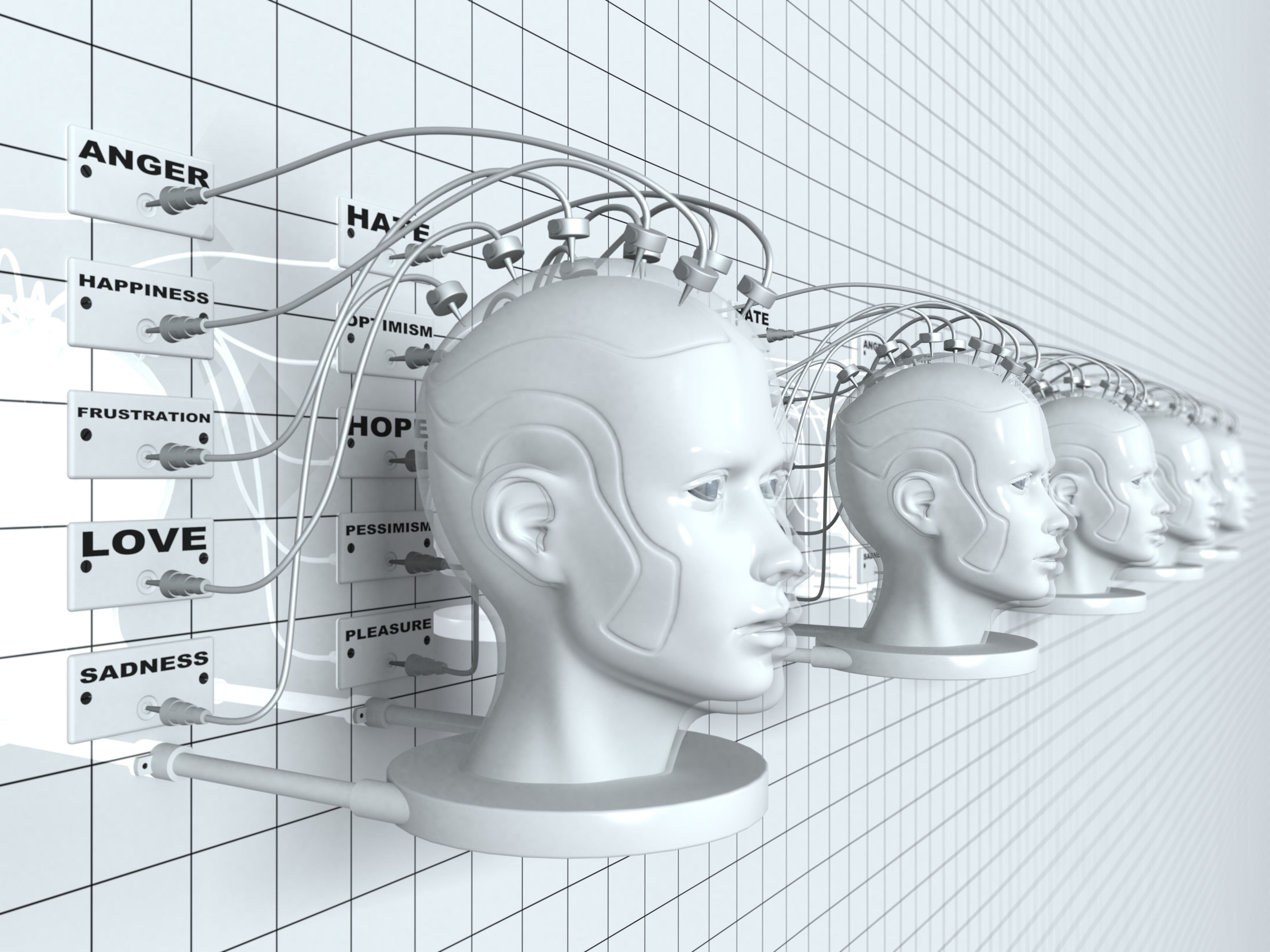
By Heather Cameron
“Science fiction is slowly becoming science fact”. This is what the interim Chair of the government’s Science and Technology Committee said in their recently published report on robotics and artificial intelligence (AI).
While admitting there is still some way to go before we witness systems and robots like those portrayed in the creative arts such as Star Wars and Ex Machina, the report noted that there have been a series of recent advances across these fields that are beginning to have transformational impacts.
But just what will these impacts look like, particularly in relation to the labour market?
‘Transformational impacts’
Driverless cars and supercomputers that assist with medical diagnoses are highlighted as some of the transformational impacts of AI that have already arrived. Others include improved automated voice recognition software and predictive text.
The increase in processing power, the wealth of data and the development of techniques such as ‘deep learning’ have all contributed to the recent progress.
However, the report also notes that such advances raise a number of social, ethical and legal questions that require consideration. These include issues about the transparency of AI decision-making as well as privacy and safety.
And while there is much excitement about the potential of AI to improve and enhance our lives, there is also widespread concern over the potential impact of increasing automation on the workplace.
Implications for employment
Fears over increased unemployment as a result of increasing automation are longstanding. The inquiry found conflicting views over the potential impact to the workforce, with some predicting a rise in unemployment, while others anticipate a transformation in the type of employment available.
It is likely that some occupations will become obsolete. Deloitte has warned that 11 million jobs across the UK economy are at high risk of being automated by 2036, with the retail and transport sectors most vulnerable. The research also indicated that almost 750,000 net jobs had been lost in manufacturing since the turn of the millennium, while the wholesale and retail sector saw net job losses of 338,000.
However, it was noted that millions of new roles had also been created in order to meet changing demand. So perhaps it is adaptation within the workforce that is needed.
Indeed, the Committee’s report highlights a need to focus on delivering the skills needed for people to adapt and thrive as new technology continues to emerge. It has been argued elsewhere that cognitive and social and behavioural skills should be made a priority in any skills strategy for the 21st century to “make workers more resilient to technology-driven labor market shocks like automation.”
And of course some sectors may be more susceptible than others.
Recent research by McKinsey suggests that the impact of automation differs dramatically across sectors and activities. It found that:
“While automation will eliminate very few occupations entirely in the next decade, it will affect portions of almost all jobs to a greater or lesser degree, depending on the type of work they entail. Automation, now going beyond routine manufacturing activities, has the potential, as least with regard to its technical feasibility, to transform sectors such as healthcare and finance, which involve a substantial share of knowledge work.”
Another common theme highlighted throughout the inquiry was that robotics and AI could increase productivity and efficiency. One recent study estimated that ‘£1.24bn in automation investment could raise the overall value added by the manufacturing sector to the UK economy by £60.5bn over the next decade’.
Future
There are clearly many debates about the potential impact of robots and AI, but it is not yet clear what the actual impact of advances in these fields will be on the labour market.
What is clear is that there is a need for skills to be developed for a world where AI is more prevalent.
But as the inquiry highlighted, the government doesn’t yet have a strategy for developing these new skills or responding to the social and ethical issues it poses. The report therefore recommends that “the government must commit to addressing the digital skills crisis through a Digital Strategy, published without delay.”
Perhaps the future will be similar to the past, as written evidence to the inquiry suggests:
“During the industrial revolution, mechanisation did not change long-run equilibrium employment because new jobs emerged which were unimaginable at that time. Similarly, jobs lost to automation today might be replaced by jobs we cannot yet imagine.”
Follow us on Twitter to see what developments in public and social policy are interesting our research team.
Share
Related Posts
A recent item on BBC Radio 4’s Today programme generated an unusually high number of responses from listeners. A man who had lost his job in the financial services sector at the age of 57 described his difficulty in trying ....
By Donna Gardiner While free school meals (FSM) have been available in England on a means-tested basis since 1944, recent years have seen a renewed focus upon the potential benefits of providing free school meals to all school-aged children. Currently, ....
Tackling geographical inequalities is critical for ensuring that all parts of the country have the potential to prosper. When the UK was a member of the European Union, it was entitled to a share of funding from the EU’s structural ....
By Robert Kelk and Chris Drake A new start for an old challenge? The recent appointment of Marc Lemaître as the European Commission’s director general for research and innovation (R&I) has returned Europe’s R&I gap to the spotlight. Previously head ....
